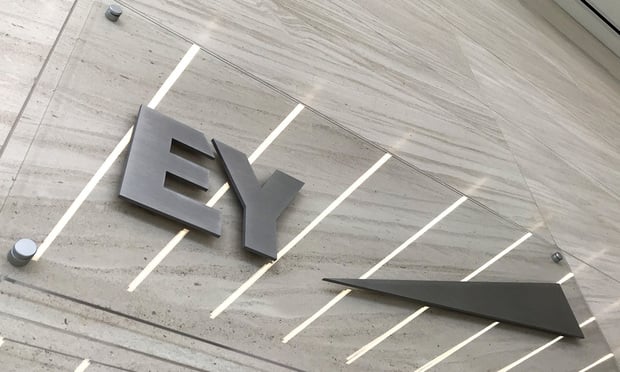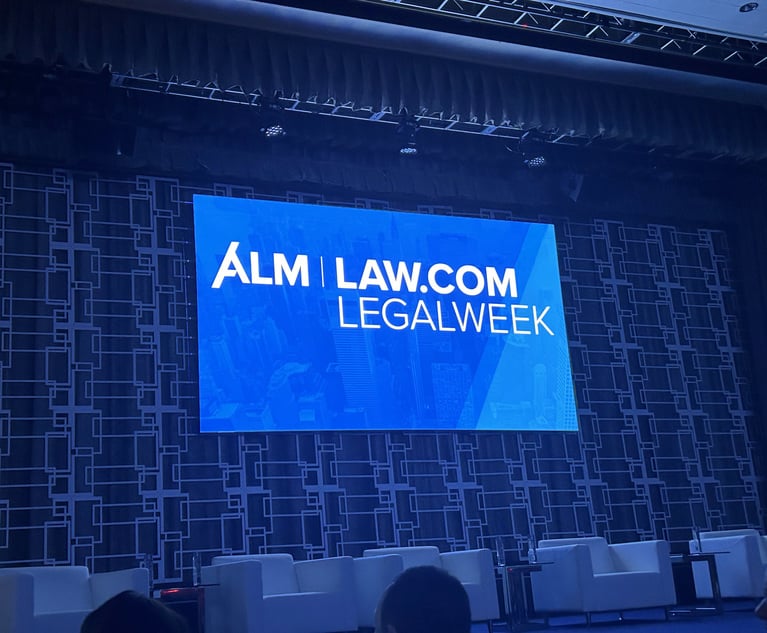Editor’s Note: This is part of an occasional series from consulting firms on their strategy in legal.
Most legal market observers have seen the EY investments in the legal industry over the past few years. The Riverview Law and Pangea3 acquisitions are the largest EY investments to date in the legal industry. Beyond those big announcements are a wide range of smaller, but equally important, investments into individuals and teams. Over the past several years EY member firms have added lawyers in a broad range of areas, including mergers and acquisitions, banking and finance, labor and employment and regulatory law. Additionally, they hired thought leaders, process engineers, client relationship managers, and a wide range of subject matter experts to help deepen and broaden the EY legal services offerings. These investments have prompted many questions about EY’s strategy and how it is challenging the status quo in the legal industry.

 EY offices in Tysons, VA.
EY offices in Tysons, VA.







